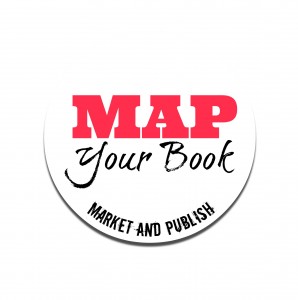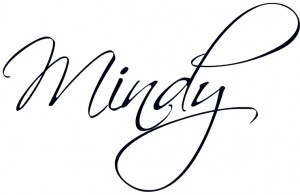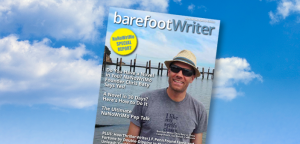We’ve talked about the importance of defining your reader base and how, in the long run, it’ll contribute to your book’s success.
So today, it’s time to get our hands wet and really dig into what makes your ideal reader tick. Here are some questions to help you build an image of like-minded individuals expected to read your book.
Basic Demographic Questions
- Age?
- Race?
- Sex?
- Where do they live?
- What language do they speak?
- Nationality?
- Religion?
- Occupation?
- Education?
- Income level?
Social Questions
- Which generation do they identify most with? (Baby Boomers? Millennials?)
- Social class?
- Type of housing?
- Type of lifestyle?
- Married or not?
- Most important holidays?
- Style of upbringing?
- If parents, style of parenting?
Personal Interest Questions
- Goals?
- Interests?
- Hobbies?
- Passions?
- Habits?
- Attitudes?
- What motivates them?
- Where do they shop?
- What do they buy beyond necessities?
- What do they splurge on?
- What’s their reading style? (Library, paper books, tablets, etc.)
- Do they have health challenges?
- Relationship challenges?
- Social challenges?
- Do they travel? If so, where?
Reading Interaction Questions
- Which social network do they prefer?
- What other books do they buy?
- Do they use a smartphone?
- Why would they want to connect with you?
- What would make them recommend your writing to others?
- What five questions are they most likely to have about you?
Deeper Emotional Questions
- What keeps them awake at night?
- What are their deepest fears?
- What are their sweetest dreams?
The next step, of course, is to answer the questions above. I recommend tapping as many sources as you can for a really well-rounded picture of your target reader. (Aim to answer as many questions as you can, but don’t sweat it if there’s something you can’t find data on.)
Here are some sources to use for your research:
- If you have an existing fan base, poll your readers and find out as much as you can about them.
- Ask questions in emails, blogs, and social media comments and invite your connections to respond.
- Look at comments on author websites and fan pages (like Facebook) to see what readers are thinking about (assuming that author’s books are similar to your books).
- Join local clubs and meet with people face-to-face to ask some of these questions. You can find out a lot through an engaging, in-person conversation.
- Visit forums where your ideal reader might frequent and ask questions there.
- Look at magazine demographics (you can Google them) for more clues into what your ideal reader might read.
Once you’ve defined your audience, you have to figure out how to connect with them. I’ll be writing about that soon!
To getting past the details so you can write,








